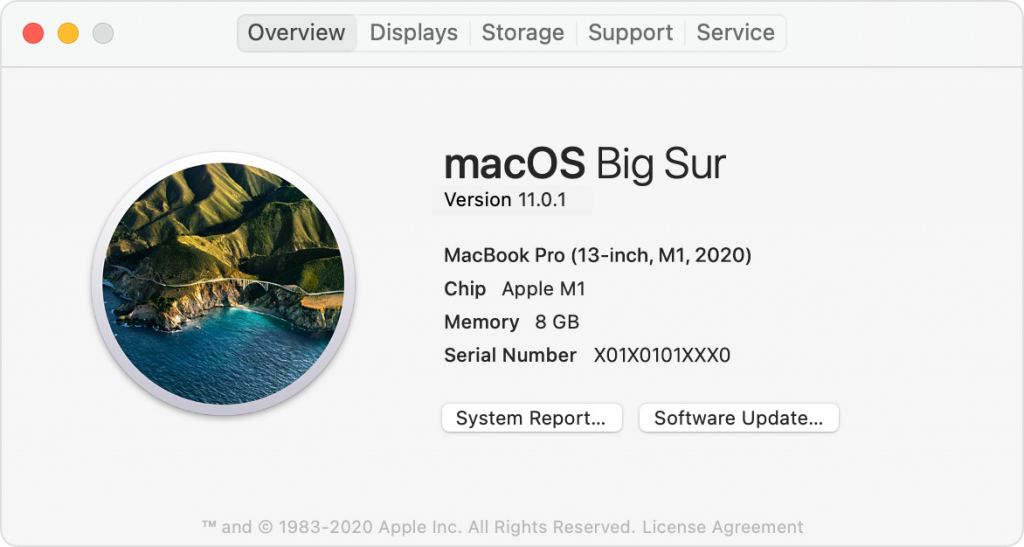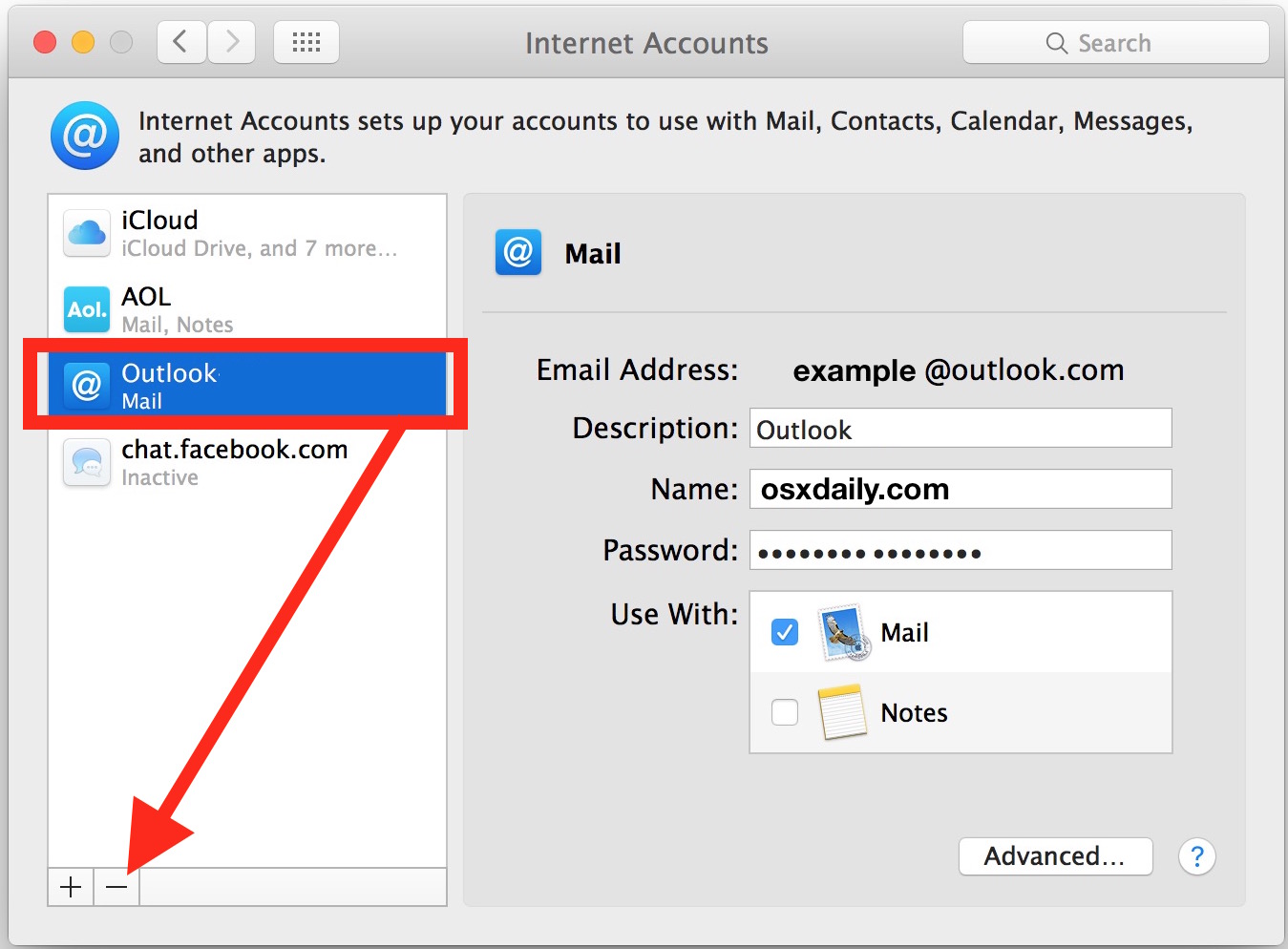

Some labor rivals to the Teamsters fear companies that employ their members won’t get licenses. It will also likely put numerous private carting operations out of business. It promises to cut the cumulative distance traversed by private garbage trucks by over 50 percent, eliminating 18 million annual miles of truck traffic. But when fully established, the Commercial Waste Zone Plan will empower the city to award a small set of carting companies licenses to operate in a given geographical zone. The COVID-19 pandemic, which has rocked the private sanitation industry as businesses closed and produced far less waste than before, has delayed implementation of the new regime. Now set for a 2022 phase-in, the Teamsters-backed proposal promises to usher in the city private carting industry’s most radical reordering since the ’90s-era breakup of the trash cartels. In November 2019, after years of debate, Mayor Bill de Blasio signed onto a different form of market intervention. As many see it, the old racket has been replaced by a new one that, rather than extract value from the businesses, takes it from the workers instead.īut change is afoot once more.
#WHERE IS MY ACCOUNT INFORMATION FOR CLEAN MY MAC FREE#
But troubling dynamics-including diminishing pay and safety for workers, amounting to what the New York Times editorial board called a “model failure of the free market”-have emerged in their wake. Through a brutal “property rights system” that left few industry leaders untainted, the mob for decades ran a bid-rigging racket that kept out new hauling businesses and maintained artificially high waste collection prices for virtually every New York City business. A report found that 26 distinct carters serviced West 57th Street alone.Ĭritics have long argued the hyper-competitive business ecosystem, which manifests in the erratic, paranoid style of the platonic New York garbage truck, incentivizes a “race to the bottom,” intensifying the notoriously dangerous work of trash collection in an industry with historically strong ties to organized crime. Of these, dozens might haul trash from the exact same neighborhood. Here operate a motley array of anywhere from 50 to 90 carting companies, depending on who’s doing the counting. However, for over 60 years New York has allotted the frequently nocturnal task of collecting its three million annual tons of commercial waste-think garbage and recycling from restaurants, bodegas, the New York Times-to the private sector.


The New York City Department of Sanitation’s fleet of Teamsters-operated trucks collects trash and recycling from city residents. That’s when all of the companies started getting these fake, independent unions, we started losing density, and 20 years later, we’re here.” “And there you go-you broke up our power. ’Cuz he said, ‘You can no longer have one master contract for everybody.’ He said, ‘You gotta have individual contracts with each company.’

“When Giuliani got rid of the mob, he also screwed us, as a union. He wore a golf cap and a green vest over a gray sweatshirt, and he bent his whole torso slightly forward over the wheel as he spoke, vociferously, his right hand gesticulating more erratically by the word. Then, in Henry’s view, the new union bargained a “sweetheart” contract, favorable to management at worker expense. T’s workers decertified the incumbent Local 813 in its favor. In the late aughts another union launched a successful raid, and Mr. What happened next is, for a union whose onetime ubiquity and mob ties made it a formidable New York City power in the latter half of the 20th century, a familiar story. And then Henry was off, via the Brooklyn–Queens Expressway, to an East Williamsburg transfer station owned by a mid-sized New York waste-hauling company called Mr. The three men ran through the lamentable particulars before the young worker, fresh off an overnight shift darting around upper Manhattan collecting trash, departed, ready for bed. “They gave me nuffin’! No boots, no gloves. “Did they give you uniforms and other stuff that they was required to?” asked Allan Henry. Just after 4 one morning in the fall of 2019, long before COVID-19 upended New York City’s trash-hauling industry, a non-union sanitation worker and two organizers for the International Brotherhood of Teamsters convened over orange juice in a booth at the Bronx’s Rainbow Diner. Sign up for the free Mother Jones newsletter. Get a daily recap of the facts that matter.


 0 kommentar(er)
0 kommentar(er)
